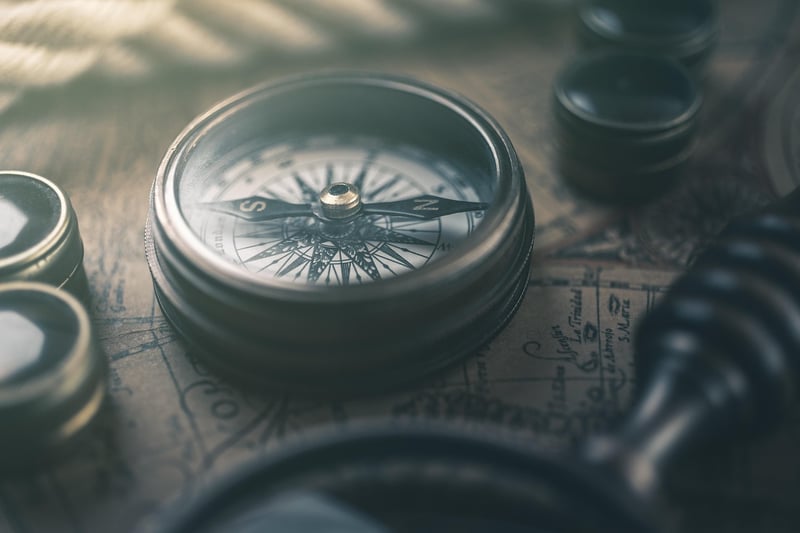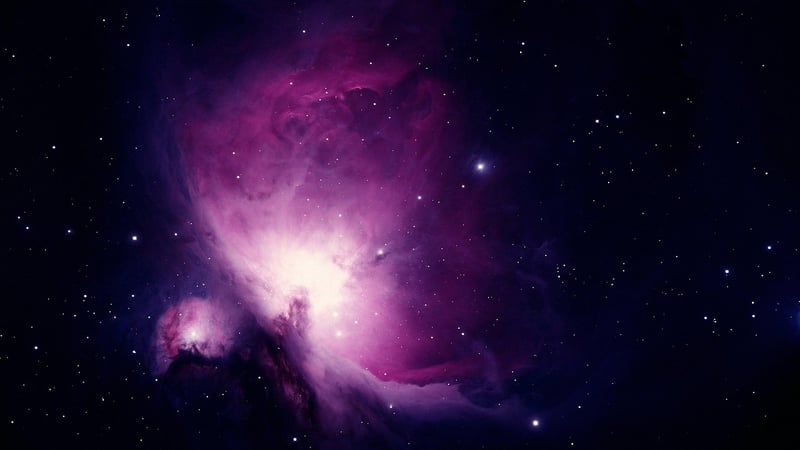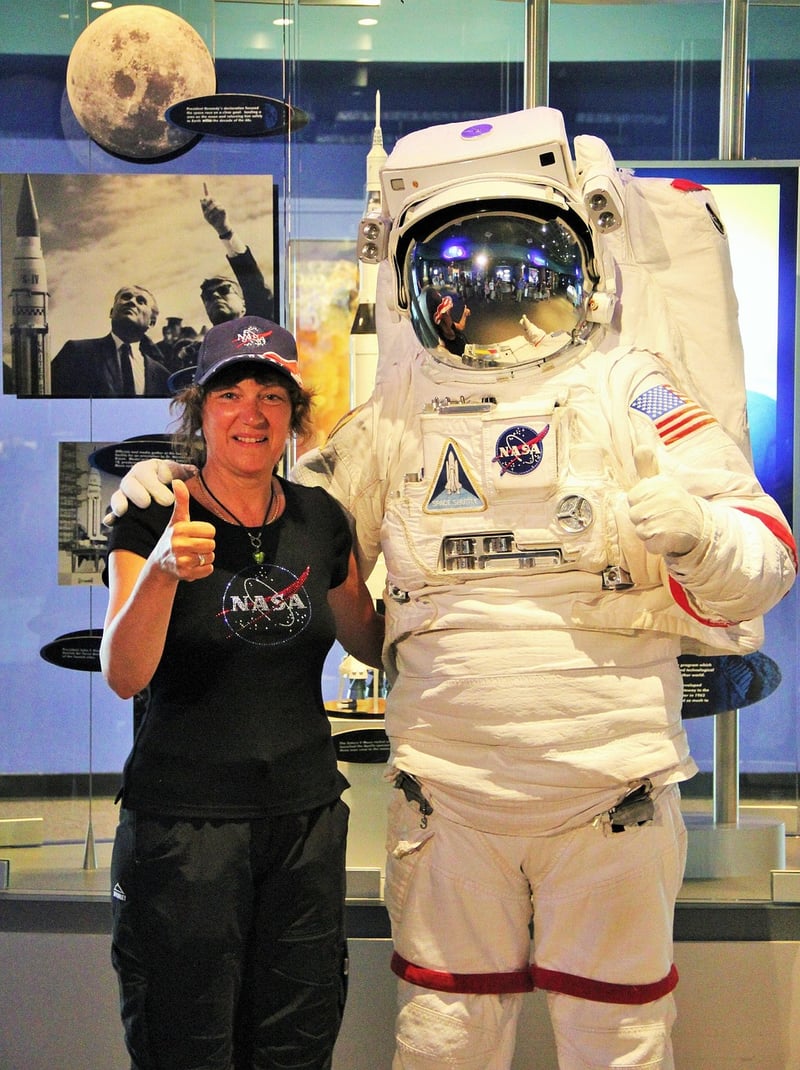Future Exploration
The Evolution of Exploration: From Ancient Times to Future Frontiers
Ancient Exploration
Ancient civilizations were pioneers of exploration, venturing into uncharted territories by land and sea. From the Phoenicians navigating the Mediterranean to the Polynesians crossing vast ocean expanses, ancient explorers pushed the boundaries of known worlds.

Age of Discovery
The Age of Discovery saw European explorers like Christopher Columbus and Vasco da Gama sail to distant lands, opening up new trade routes and connecting the world. This era marked significant advancements in navigation and cartography.

Space Exploration
In the 20th century, humanity set its sights beyond Earth, with the Space Race leading to the first human steps on the Moon. Organizations like NASA and ESA continue to explore space, sending probes to distant planets and pushing the boundaries of our understanding of the universe.

Future Frontiers
The future of exploration holds exciting possibilities, from Mars colonization to deep-sea discoveries. Advancements in technology like AI, robotics, and virtual reality are revolutionizing how we explore new frontiers, promising a future where the unknown becomes known.

Exploration has always been a driving force in human history, propelling us to seek out the unknown and expand our horizons. As we look back on the different eras of exploration and forward to the future frontiers awaiting us, one thing remains certain – the spirit of exploration will continue to inspire us to reach for the stars.
For more fascinating insights into exploration and discovery, visit National Geographic.
